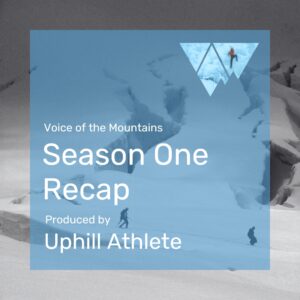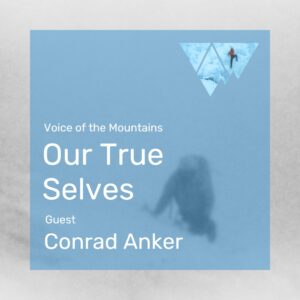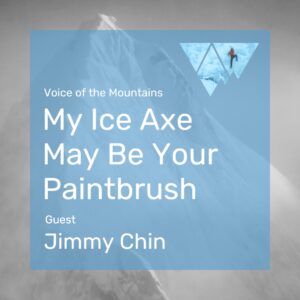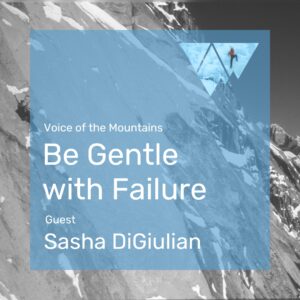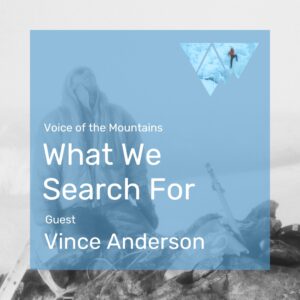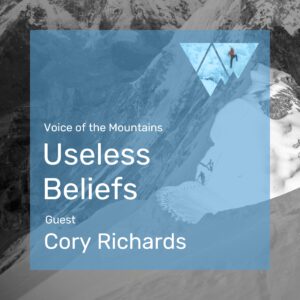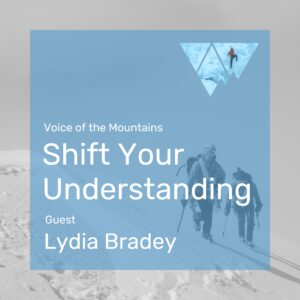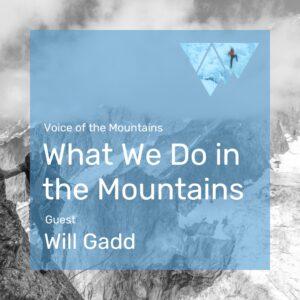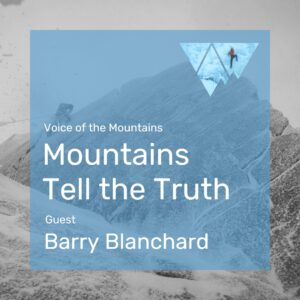Essay: My Ice Axe May Be Your Paintbrush
By Steve House
The means are irrelevant.
It starts with a why, and for Jimmy Chin, taking pictures began as a means to a seemingly simple end: Climb more. In his own words, he will tell you that selling a photograph for $500 helped him to perpetuate his life as a dumpster-diving climber in Yosemite Valley. The mission of the greatest documentary filmmaker of his generation is—to this day—not to tell another story. It is to climb more. And he does that with the tools of adventure, cameras, and simplicity driven by a straightforward mission: be the best climber he can be.
What mountain sports and film have in common is that both are expressions of human creation and Free Solo, both the movie and Honnold’s famous climb, blend creation with minimalism attainable only through mastery disciplined with a clear ‘why’. The paintbrush, the ice ax, and the film camera are all creative tools. They are a means to an end. And that end is nothing less than you in your authentic form. The tool itself, the mountain, and the camera are lenses that focus, frame, and show us our most authentic and true selves.
Master a tool.
Bring the tool to the why.
But how do you know what real life is? How does Jimmy know when to film and when to put the camera away? Listen carefully as he talks about the purpose of Free Solo. It was not to make a film. The purpose of the entire Free Solo production team was simple: To support a friend in realizing a dream.
The result of supporting that friend was winning an Oscar for Best Documentary. Whether in the editing room or on the mountainside, authenticity was the light that cast a stark shadow across anything that was not real. As he says, “If it worked without it, the film didn’t need it.” Creating is difficult, minimalism is insanely hard, and mastery is practically impossible. Pursuing all three allows us to understand life in a way that nothing else can.
It’s been part of my mission with Voice of the Mountains to celebrate all that mountains bring to our lives. Grit, toughness, and determination grow from the seeds of merit and self-determination. The means always serve a purpose because the means sharpen the knife of authenticity and keep us true to our why. The means help us learn to cut away that which stays: What stays are our actions, from the smallest first step to the best decision to say no. The same blade helps us to cut out all the rest and discard distractions and unfocused thoughts and choices.
The thing we say yes to, from the 2 am alarms we eagerly set to the knot we carefully cinch, is project priority. And the priority determines where we spend the energy. And the energy we each have in this life, is undoubtedly our most valuable asset. Climbing, skiing, running—these all seem to be continuous exercises in failure and futility. Most days, when you lace up your mountain boots or running shoes, you are served heaping portions of humble pie. Think about it. You go out of your way to choose goals you cannot accomplish today. And you study and train, and try your hardest to do it and fail anyway. You go home, get more information, train more, and pack lighter until you can one day do it because of the simple fact that at some point along the way, you become the person who could do it. Mountain Sports teach us to dream big. To set goals. To go for it. And to fail. As Jimmy tells it, he has A LOT of bad photographs.
When the mountains speak.
LISTEN TO THE EPISODE:
Exploring the poetic soul of the mountains.
Voice of the Mountains explores the mental and emotional adventures found in discovering who we are and what we’re capable of. Here we engage in self-reflection and humility, and embrace the beauty and struggle of the alpine experience equally.
